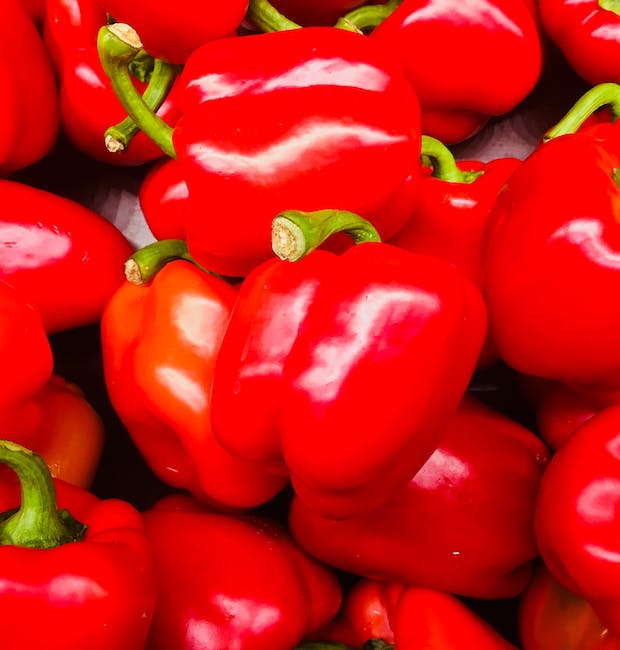Unlock the Mysteries of White Pepper: Your Ultimate Guide to a Spice Cabinet Essential
White pepper, often overshadowed by its more robust cousin, black pepper, is a culinary secret waiting to be discovered. With its subtle heat and complex flavor, it’s a spice that can transform your cooking. In this comprehensive guide, we’ll delve into the world of white pepper, answering your burning questions and revealing how to harness its potential in your kitchen creations.
What is White Pepper and How is it Different from Black Pepper?
The Origins and Processing of White Pepper
White pepper comes from the same plant as black pepper, Piper nigrum. The difference lies in the processing. To produce white pepper, the outer layer of the peppercorn is removed, either before or after drying, leaving behind the inner seed. This process gives white pepper its distinct milder flavor and lighter color.
The Taste Profile of White Pepper
Unlike black pepper, white pepper offers a more understated heat and a less pungent aroma. It’s often described as earthy and slightly musty, making it a favorite for dishes where the boldness of black pepper might overwhelm other flavors.
Why Use White Pepper in Cooking?
The Subtle Heat Advantage
- Enhances Flavor Without Overpowering: White pepper adds a gentle heat that complements rather than competes with the main ingredients.
- Ideal for Light-Colored Dishes: Its pale color makes it perfect for use in white sauces, soups, and mashed potatoes, where black specks of pepper would be visually unappealing.
Cultural Culinary Uses
- Asian Cuisine: White pepper is a staple in Chinese cooking, used to season everything from stir-fries to soups.
- European Dishes: In French and Scandinavian cuisines, white pepper is preferred for its ability to blend seamlessly into creamy sauces and delicate dishes.
How to Cook with White Pepper
Selecting the Right Dishes
When deciding whether to use white or black pepper, consider the balance of flavors and the visual presentation of your dish. White pepper is ideal for:
- Cream-based soups and sauces
- White meats like chicken and fish
- Béchamel sauce and other white sauces
- Mashed potatoes and cauliflower puree
Tips for Maximizing Flavor
- Freshly Ground is Best: Like all spices, white pepper is most flavorful when freshly ground from whole peppercorns.
- Add at the End of Cooking: High heat can diminish its flavor, so add white pepper towards the end of the cooking process.
Health Benefits of White Pepper
Nutritional Advantages
White pepper is not just a flavor enhancer; it also offers several health benefits:
- Digestive Health: It can promote gut health by stimulating the production of hydrochloric acid in the stomach.
- Anti-inflammatory Properties: Contains compounds that may help reduce inflammation.
Incorporating White Pepper into a Healthy Diet
To make the most of white pepper’s health benefits, use it as a salt alternative to reduce sodium intake without sacrificing taste.
Common Questions About White Pepper
Can White Pepper Replace Black Pepper in Recipes?
While they are interchangeable to some extent, the flavor profiles are different. Use white pepper when you need a milder, less noticeable heat.
How Should White Pepper be Stored?
To maintain its potency, store white pepper in a cool, dark place in an airtight container. Whole peppercorns will last longer than ground pepper.
Is White Pepper More Expensive Than Black Pepper?
Generally, white pepper is slightly more expensive due to the additional processing required to remove the outer husk.
Conclusion: Embracing the Delicate Warmth of White Pepper
White pepper is a versatile and often underestimated spice that deserves a place in every kitchen. Its delicate warmth and health benefits make it a valuable addition to a variety of dishes. By understanding its unique properties and learning how to use it effectively, you can elevate your cooking to new heights. So next time you’re reaching for the black pepper, consider whether white pepper might be the secret ingredient your dish has been missing.


